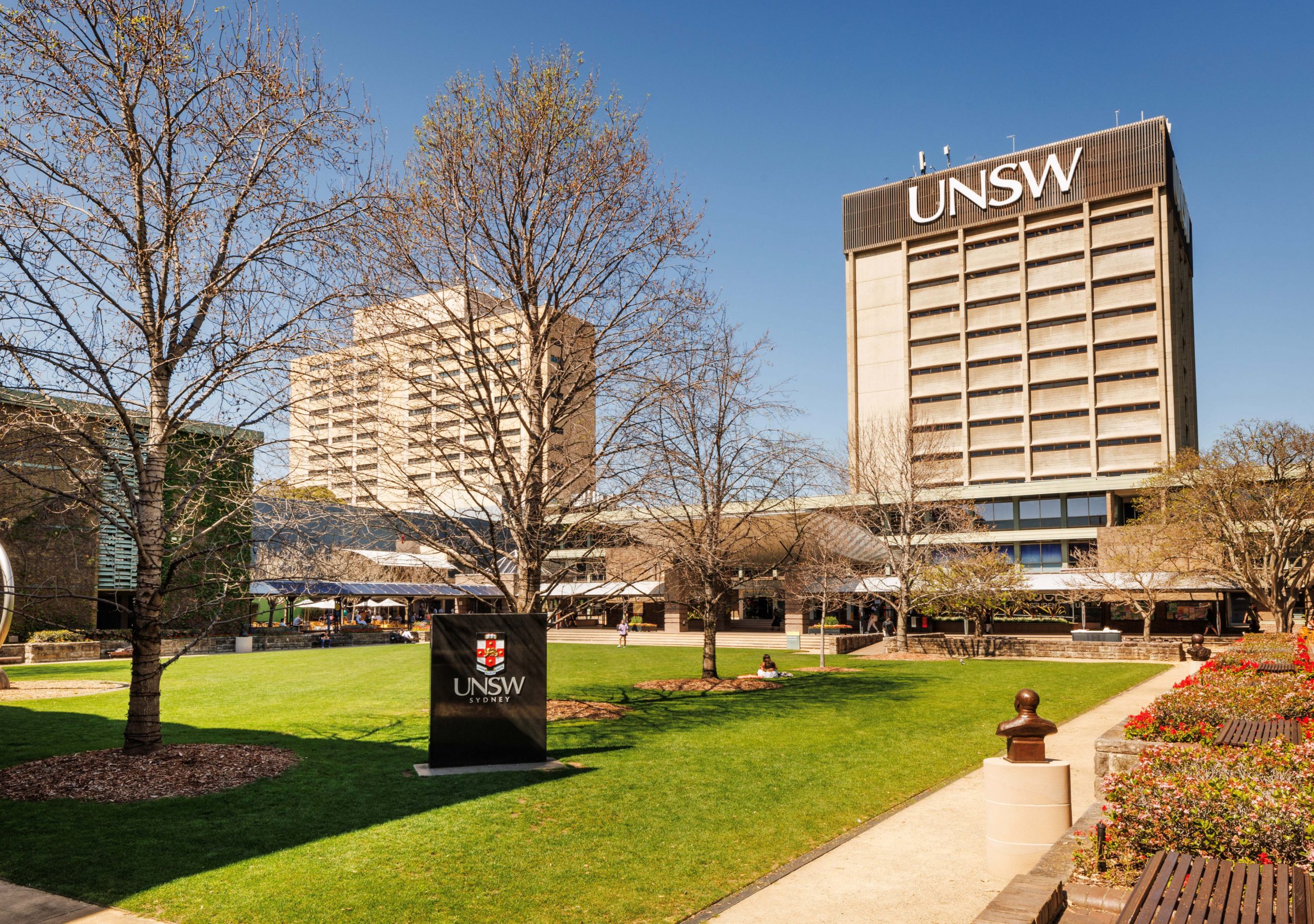UNSW receives more than $20m for 38 ARC Discovery Projects

UNSW Sydney academics from the faculties of Science, Engineering, Medicine & Health, UNSW Business School, Arts, Design & Architecture, as well as UNSW Canberra, have secured funding in the latest Discovery Project round from the Australian Research Council (ARC).
In total, 38 UNSW projects have been granted $20.5 million, with UNSW Science and UNSW Engineering awarded the lion’s share. Science has secured 14 grants worth more than $8.6 million, while Engineering has 15 projects totalling more than $7.7 million.
Discovery Projects, a flagship scheme for fundamental research and the largest scheme under the ARC National Competitive Grants Program, funds projects with between $30,000 and $500,000 each year for up to five consecutive years.
Among other things, funding can be used to support research associates or assistants and technicians, access to research and infrastructure facilities, technical workshop services, essential field research, equipment and consumables, and the publication and dissemination of findings.
UNSW Pro-Vice Chancellor (Research) Professor Dane McCamey congratulated the University’s researchers on their grant success.
“Discovery Projects support cutting-edge research that improves our understanding of the world we live in and generates knowledge that will help address society’s greatest challenges, now and in the future. The UNSW projects will deliver significant outcomes in fields such as biology, advanced manufacturing, health and cryptography. It’s great to see UNSW researchers perform strongly in this funding scheme once again this year,” Prof. McCamey said.
Read more: Decision-making mechanisms go awry in OCD brains: study
Successful applicants include Scientia Professor Bernard Balleine from UNSW Science, who has been awarded $1,517,812 to investigate ‘What is the role of striatal dopamine in value-based decision-making?’. The project aims to understand the role of dopamine – the molecule that gives us feelings of pleasure, satisfaction and motivation – in the brain circuits controlling goal-directed action.
Prof. Balleine is seeking to provide a comprehensive understanding of the role of dopamine release in particular brain cells and in the psychological processes directing goal-directed decision-making. This outcome will fill a gap in our knowledge of the brain processes facilitating decision-making, a fundamental capacity that contributes to our physical and psychological wellbeing.
Professor Jamie Kruzic from UNSW Engineering has been awarded $639,134 to investigate the strength of metallic glass. His project ‘Designing metallic glass structures for damage tolerance via 3D printing’ aims to develop understanding of the variables that govern the toughness of bulk metallic glasses. It aims to generate new ideas on how to manufacture and commercialise bulk metallic glasses with mechanical properties superior to conventional metal alloys. Anticipated benefits will be improved products for the aerospace, defence, transportation, biomedical devices, consumer products, and 3D printing industries.
Associate Professor Till Boecking from UNSW Medicine and Health has been awarded $618,145 to study ‘Viral capsids as high-efficiency nanoreactors’. This project aims to develop state-of-the-art single-molecule microscopy to visualise how retroviruses convert their genetic material to a form that can be readily inserted into the genome of the host cell. The technology will provide unprecedented insight into how the virus coordinates this inside its protective protein shell (or capsid) and expects to generate new knowledge in the fields of virology, synthetic biology, and nanotechnology. The project will benefit the study of viruses and our understanding of crucial steps in their life cycle.
Associate Professor Timothy Scott Trudgian from UNSW Canberra has been awarded $473,190 to investigate connections between analytic and algebraic number theory using theoretical and computational methodologies. The project ‘Class numbers and discriminants: algebraic and analytic number theory meet’ will potentially produce new knowledge in fundamental science and a greater understanding of classical and quantum cryptographic protocols, with wide-ranging applications including defence.
Associate Professor Emma Kirby from UNSW Arts, Design & Architecture has been awarded $343,081 to investigate the implications of delayed diagnosis during the Covid-19 pandemic. ‘Understanding the implications of pandemic delay for/at the end of life’ will examine the untold toll of Covid-19 on avoidable deaths linked to late(r) diagnosis or treatment due to pandemic-related delay. This project aims to understand the implications of pandemic delay for dying and bereavement, including the sociocultural factors that shape experiences of illness and care amid delay. Expected outcomes include the generation of new knowledge on needs at the end of life that move across contexts and settings. Benefits include provision of findings that will inform social and health policy and practice improvements to enable ‘good’ deaths.
Professor Anton Kolotilin from UNSW Business School has been awarded $214,056 to explore ‘The economics of (mis)information in the age of social media’. New media technologies allow anyone to broadcast their views, leading to a cacophony of voices where misinformation flourishes. This project aims to design simple and robust rules to foster informative dialogues and filter misinformation. The results will shape economic policy recommendations for regulating misinformation on media platforms and social media.
Find more of UNSW’s successful Discovery Project grants.



